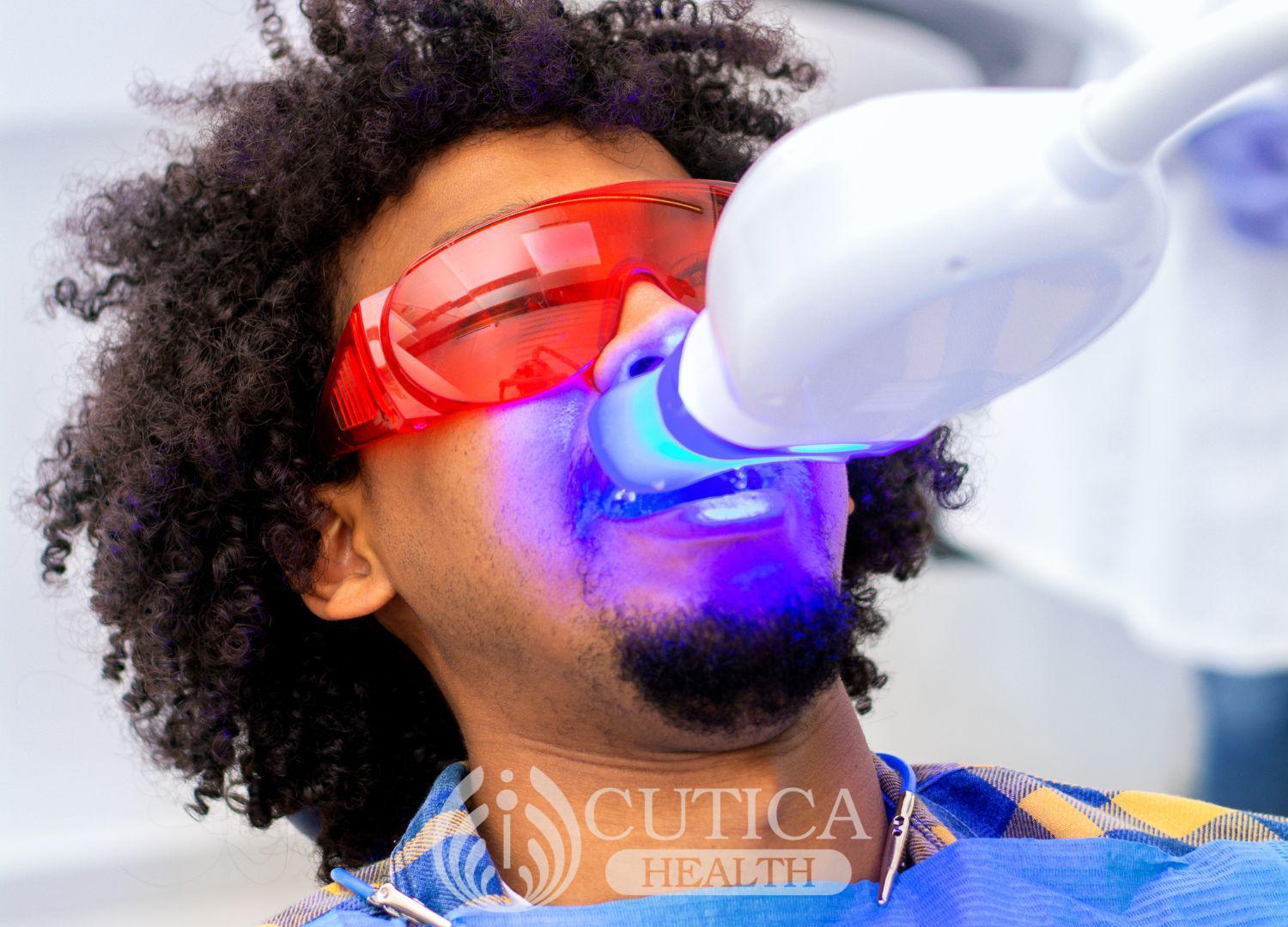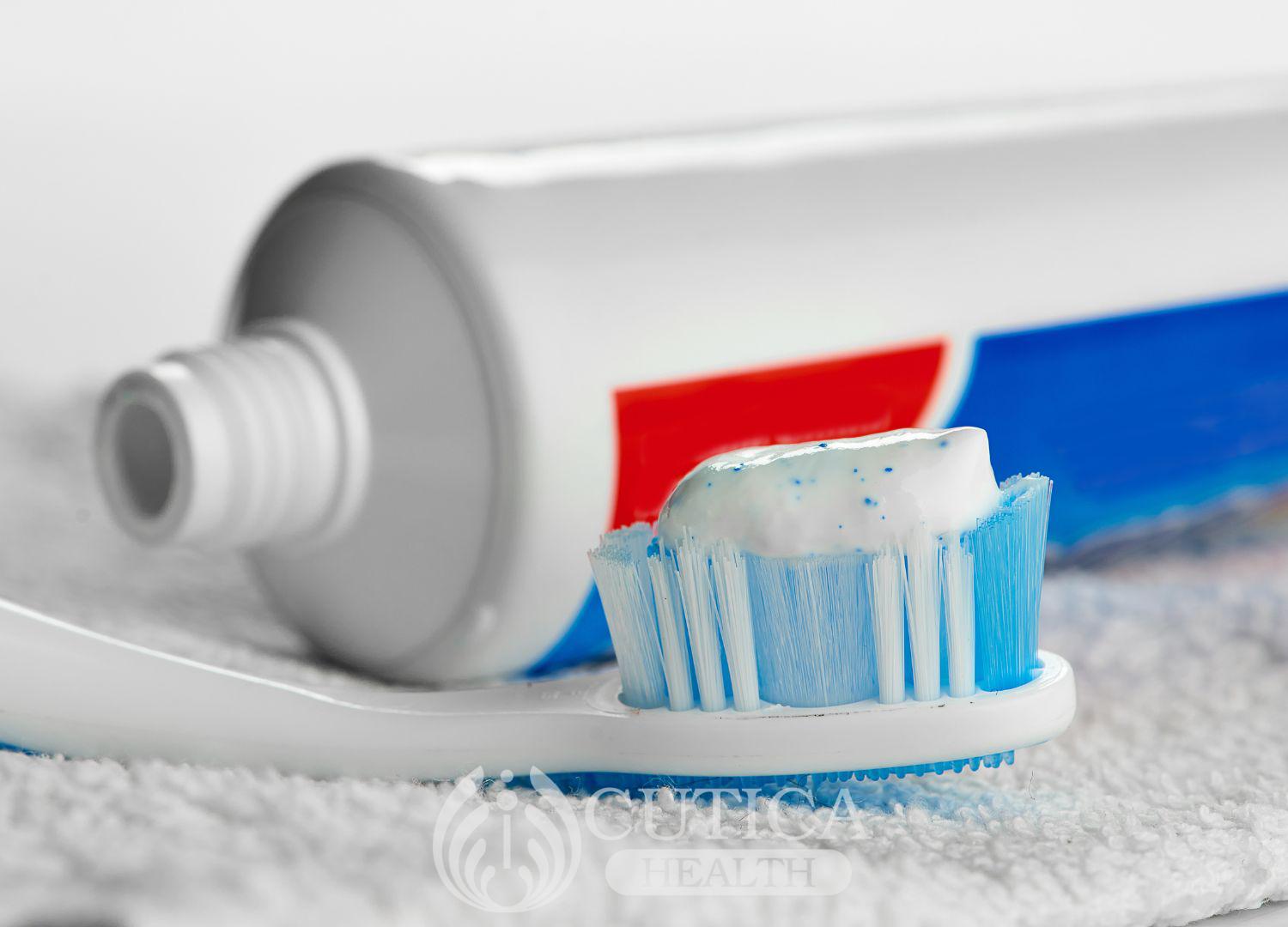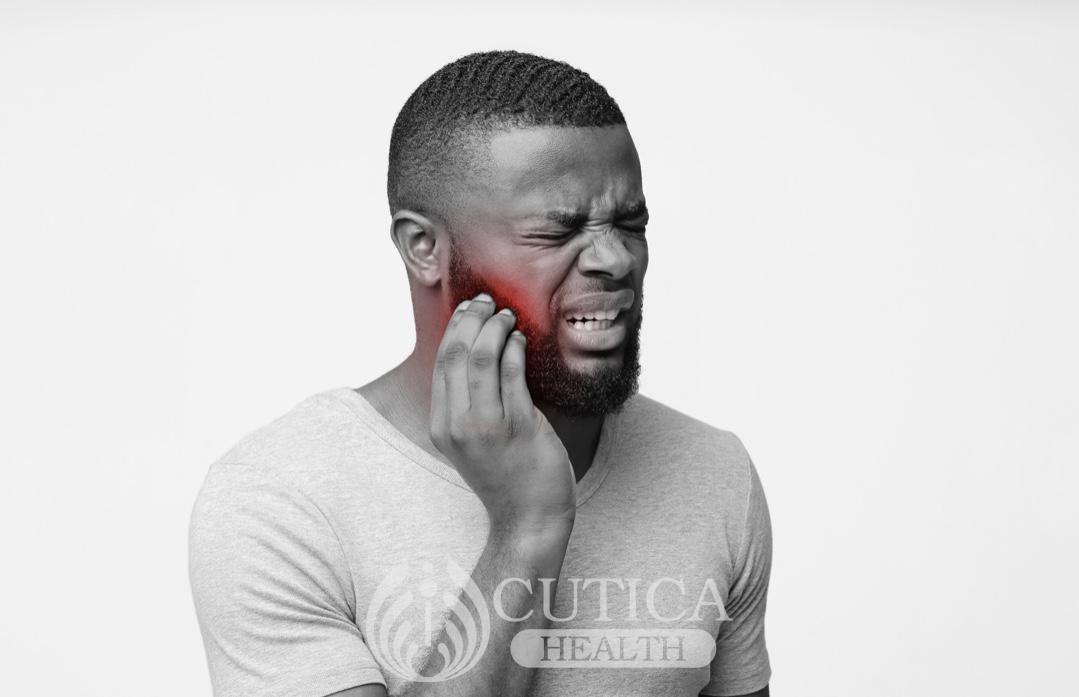
Tom hurriedly made his way to the emergency unit of the clinic with his wailing toddler tightly held in his arm. The bleeding from little sam’s lips had soaked the cloth placed over it and was dripping onto his shirt.
The boy had accidentally fallen face-first onto the hard concrete floor of the workshop while his father was busy repairing an old engine. Tom was jolted by the shrill cry that came from the area where his son was supposed to be playing and ran to pick up the screaming child whose face was now covered in blood, with a tooth dangling from his mouth. The little boy was inconsolable and resisted every attempt his father made to soothe him. Tom placed his handkerchief over his son’s bleeding mouth and headed for the clinic.
Dental Emergencies
An emergency can happen at any time, and what you do when it happens can make a difference in the outcome. Dental emergencies are quite common; in fact, roughly 22% of individuals were reported by the American Family Physician to have experienced pain relating to the mouth within six months.

Not all dental accidents can be reported as dental emergencies. Injuries that require immediate treatment to stop bleeding, associated with severe pain, or removal of a whole tooth within 2 hours can qualify as emergencies. These also include life-threatening infections in the mouth.
Some questions you may need to ask yourself to know if you are having a dental emergency are:
- Am I feeling a severe pain that interferes with doing my daily activities or sleeping?
- Is there any swelling in my mouth or face that is spreading?
- Has my tooth been knocked-off within two hours?
- Am I having difficulty controlling bleeding from my gums, teeth, or face?
- Am I bleeding from my nose or ears after an injury to my head?
- Does the swelling on my face make it difficult for me to breathe, swallow or open my mouth?
If your answer is yes to any of these, you should head over to your dentist right away. Milder symptoms like bleeding gums, sensitivity, dull toothache, and painless broken tooth do not need immediate attention and can be managed during routine dental visits.
What can you do to reduce the risk of emergencies?

Although emergencies involving trauma are usually unforeseen, acting in advance can reduce the risk of some dental emergencies:
- Ensure you visit the dental clinic routinely, which will enable your dentist to check for swellings, decays, restorations with sharp edges, or those that have become loose.
- If you have any underlying condition, especially those which slow down healing, ensure to tell your dentist before extraction or surgery.
- Instructions given to you after a procedure has been done are very important and should be followed. Failure to do so may lead to infections and emergencies.
Proactive measures can be used to reduce the occurrence of some dental emergencies but when they do happen, it is advisable to report to your dentist immediately! Every second counts in an emergency and every minute wasted brings you closer to a worsened health condition.












